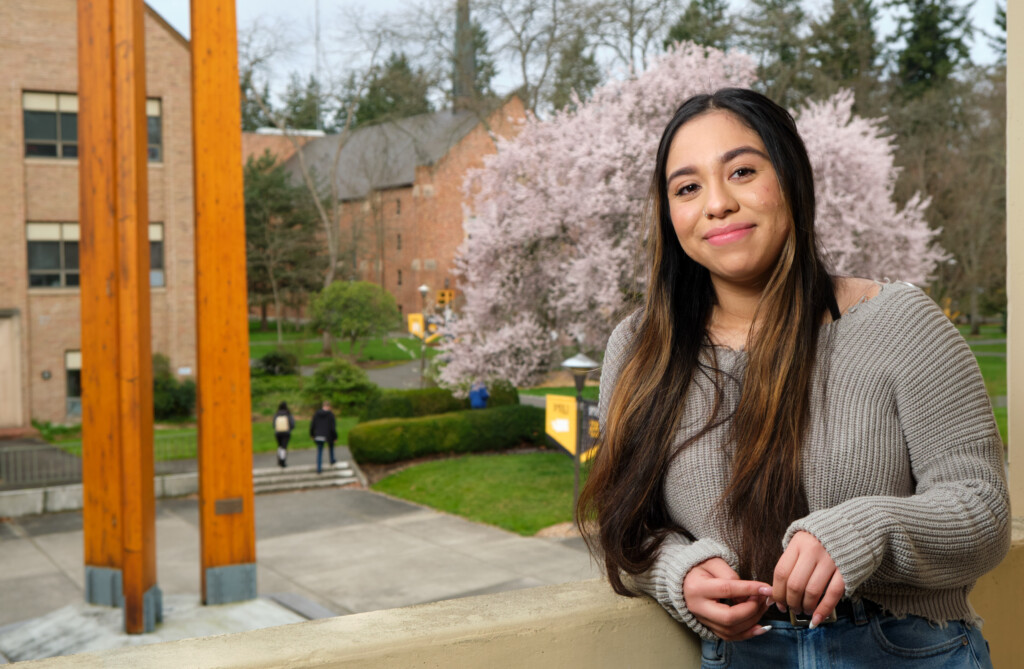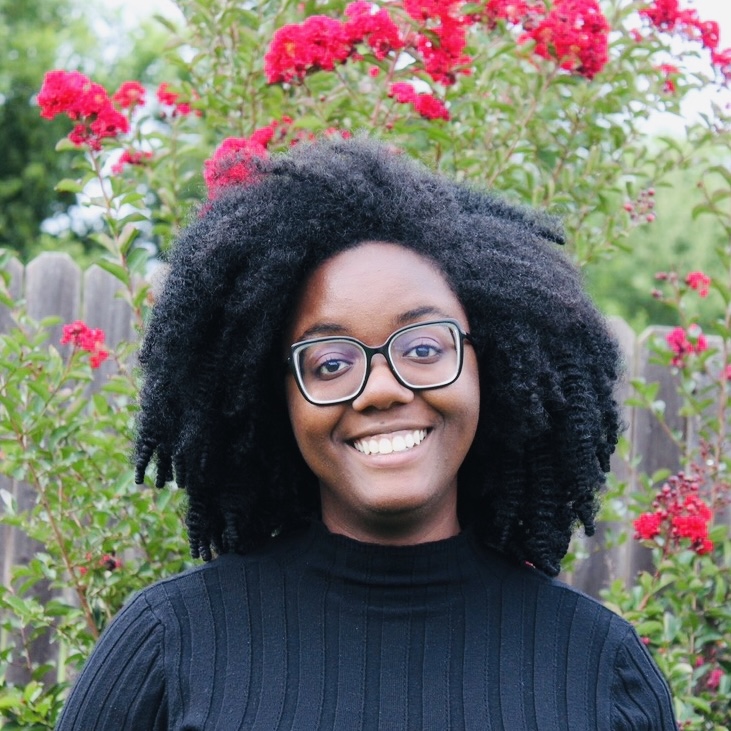Page 42 • (794 results in 0.052 seconds)
-
the school year. Membership for 2024-25: Name: Beth Griech-Polelle (griechba@plu.edu) – Co-Chair Department: Interdisciplinary Committee Seat: Expires 2025 Contact: 253-535-7642 Name: Michelle Ceynar (ceynarml@plu.edu) Department: Psychology Committee Seat: Expires 2025 Contact: 253-535-7297 Name: Kayla Harvey (kayla.harvey@plu.edu) – Secretary Department: Nursing Committee Seat: Expires 2027 Contact: 253-535-7672 Name: Justin Eckstein (justin.eckstein@plu.edu) – Co-Chair Department: Communication
-
Psychology of Optimal Experience MEDICAL ORGANIZATIONS WITH HELPFUL RESOURCES American Academy of Neurology American Academy of Orthopedic Surgeons American Academy of Otolaryngology – Head and Neck Surgery American Academy of Physical Medicine and Rehabilitation American Association for Hand Surgery American Society for Surgery of the Hand American Laryngological Association The American Occupational Therapy Association, Inc. American Psychiatric Association American Psychological Association American
-
, Physics, and Psychology. Mentors engage with their student researchers one-on-one, in the laboratory, and in the field, guiding student researchers as they study research ethics, read peer-reviewed research literature, formulate research questions, carry out specific research procedures, record results, analyze data, write research reports, and present their findings through oral and poster forms. Through research failures and triumphs, students gain confidence in their ability to face unknowns and to
-
studies with an academic cognate field outside of music, such as psychology, religion, or mathematics. Bachelor of Music in Education — intended for those students wishing to be certified to teach music in the public schools. Bachelor of Arts in Music — intended for those students wishing to obtain a liberal arts degree in music. Music Minor — Intended for students who wish to increase their knowledge of academic and applied music without majoring in music.EnsemblesParticipation in musical ensembles
-

Sarah Saavedra ’22 shares her experience as a first-gen college student Posted by: vcraker / June 8, 2022 Image: Sarah Saavedra ’22, poses for a photo, Friday, March 18, 2022, at PLU. (PLU Photo/John Froschauer) June 8, 2022 Sarah Saavedra ’22 is a social work major with a minor in psychology and a certificate in Peace Corps Prep. The Auburn resident is the first in her family to go to college. She credits her many scholarships for navigating college as a first-year student. While at PLU
-

, philosophy, political science, psychology, and others. The course will also include a panel of three PLU alumni that are emergency room physicians. The course is being coordinated by PLU’s Wang Center for Global Education and co-facilitated by Teresa Ciabattari, interim dean of interdisciplinary studies, and Tamara Williams, executive director of the Wang Center. Williams recently answered a few questions about the new course.Why program this course now, while the pandemic is still ongoing? A college or
-

experience that I think all students should have–and I am majoring in Psychology. Innovation is one of the major change agents in our world, and it also provides the tools to making the world a better place. History majors are experienced with just this set of problems and opportunities in their regular work. By exploring the history of innovation as well as the ethical dimensions of creativity and change, Hist/Phil 248 sets the stage for future explorations–both on campus and beyond. Sarah Cornell
-
their overwhelming collection of house plants.Dr. Michelle Ceynar is a professor of Psychology at Pacific Lutheran University in Tacoma, Washington. She primarily teaches Introductory Psychology, Social Psychology, and Psychology of Women. Her most recent scholarship includes co-editing a 2 volume series Early Psychological Research Contributions from Women of Color.Emily F. Davidson is an associate professor of Hispanic and Latino Studies specializing in Latinx, Central American, and Caribbean
-
psychology. Often, anthropological research is multidisciplinary, with specialized divisions including paleoethnobotany, taphonomy and forensics. In the United states the study of anthropology is sub-divided into four major areas of specialization: cultural, archaeological, linguistic and biological anthropology. Cultural Anthropology (Ethnology) studies living human cultures in order to create a cross-cultural understanding of human behavior – distinguished by field-research conducted via participant
-

., Ferraro, A. J., Hamilton, A., Duncan, J. M., & Rull, R. P.. "Identifying at-risk marines: A person-centered approach to adverse childhood experiences, mental health, and social support." Journal of Affective Disorders Vol. 325, 2023: 721–731. Reed-Fitzke, K., Ferraro, A. J., Duncan, J. M., Wojciak, A. S., Hamilton, A., & Pippert, H. D.. "Resilience in Army STARRS: Evaluating psychometrics of a multi-dimensional resilience measure." Military Psychology Vol. Advance online publication, 2022: 1–8
Do you have any feedback for us? If so, feel free to use our Feedback Form.


